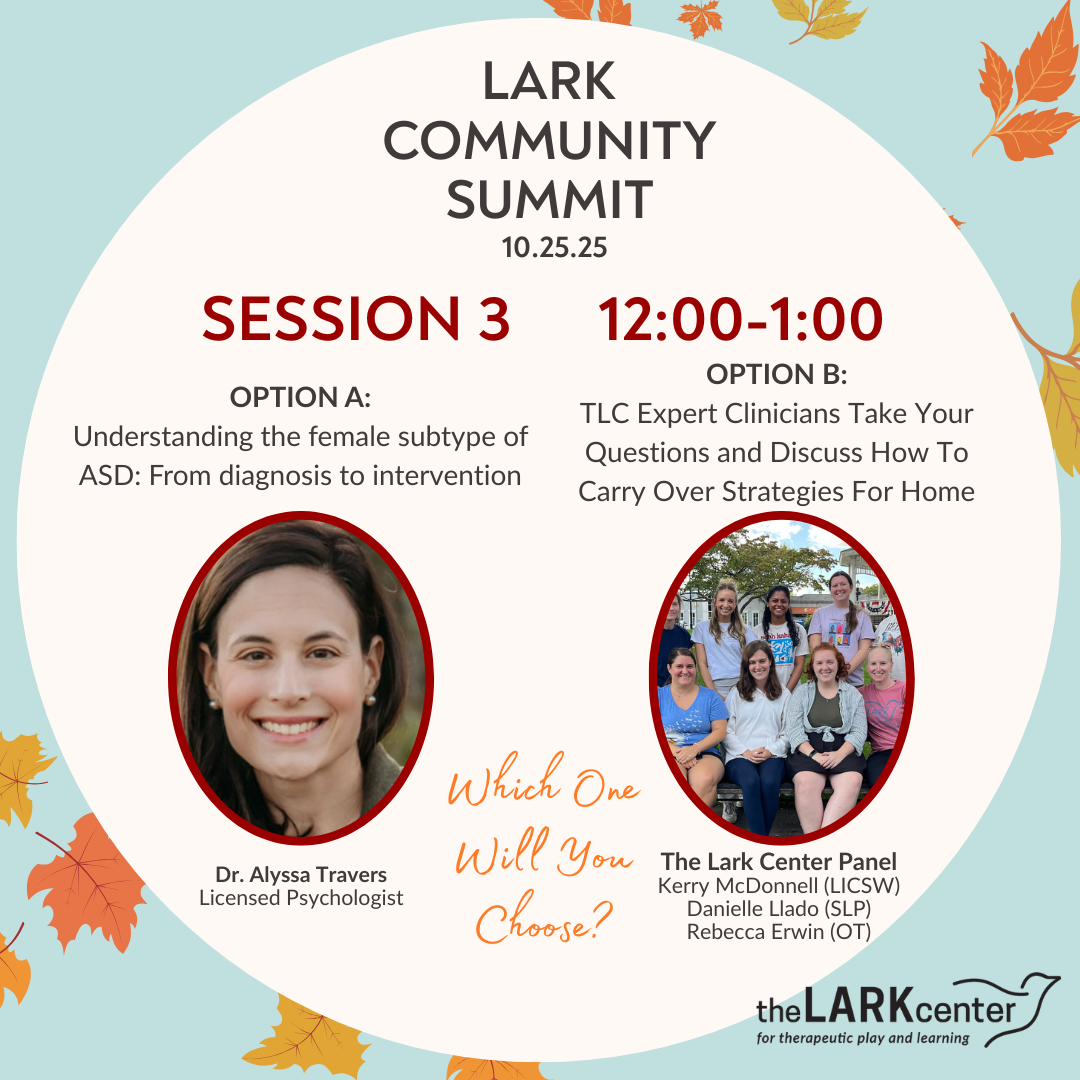
The hummingbird was chosen as the practice logo because hummingbirds demonstrate critical skills and characteristics that we seek to model and foster in our children. While only 2.5 pounds, hummingbirds travel more than 3,000 miles per year throughout North America. The hummingbird is agile and resilient, navigating complex environments, accessing hard-to-reach nectar sources, and evading threats. Their resilience allows them to adjust to their surroundings by hovering midair, flying backward, and changing directions confidently as life and circumstances dictate. The adaptability of hummingbirds allows them to thrive in a wide range of habitats from tropical rainforests to arid deserts. Hummingbirds not only embody independence, self-sufficiency, and confidence, but they are also interdependent with their habitats, flowering plants, and other species. They thrive as members of a complex system, showcasing the delicate balance of nature.
Hummingbirds have also been called tiny flying rainbows as their wings look like rainbows when photographed in certain lighting. The flying rainbow symbolizes the hidden potential present in all children. It takes time, patience, and the right angle to fully reveal all of a hummingbird’s true beauty. The hummingbird shows us that a small creature can contribute mightily to the world around it.
Resilience, adaptability (or flexibility), and independence are crucial skills in today’s world. Resilience, a well-researched predictor of mental health and wellness, refers to an individual’s ability to bounce back from adversity, cope with stress, and adapt positively to challenges. Adaptability is a key component of resilience. It can help us manage transitions and navigate life’s daily uncertainties. Those of us who can adapt to everyday struggles and setbacks with flexibility can help deter mental health challenges such as anxiety. Teaching children, teens, and young adults independence builds important skills related to self-esteem, creates a sense of accomplishment and purpose, and cultivates age-appropriate decision-making skills. The concept of interdependence underscores the importance of children developing their own skills within their social networks while seeing themselves as positive contributors to their broader communities.
Services provided by this practice, such as comprehensive evaluations, can offer a greater understanding of your child’s unique strengths and needs. They can also serve as a roadmap to interventions, strategies, and resources both at school and beyond to help support areas of need as your child develops important life skills.









